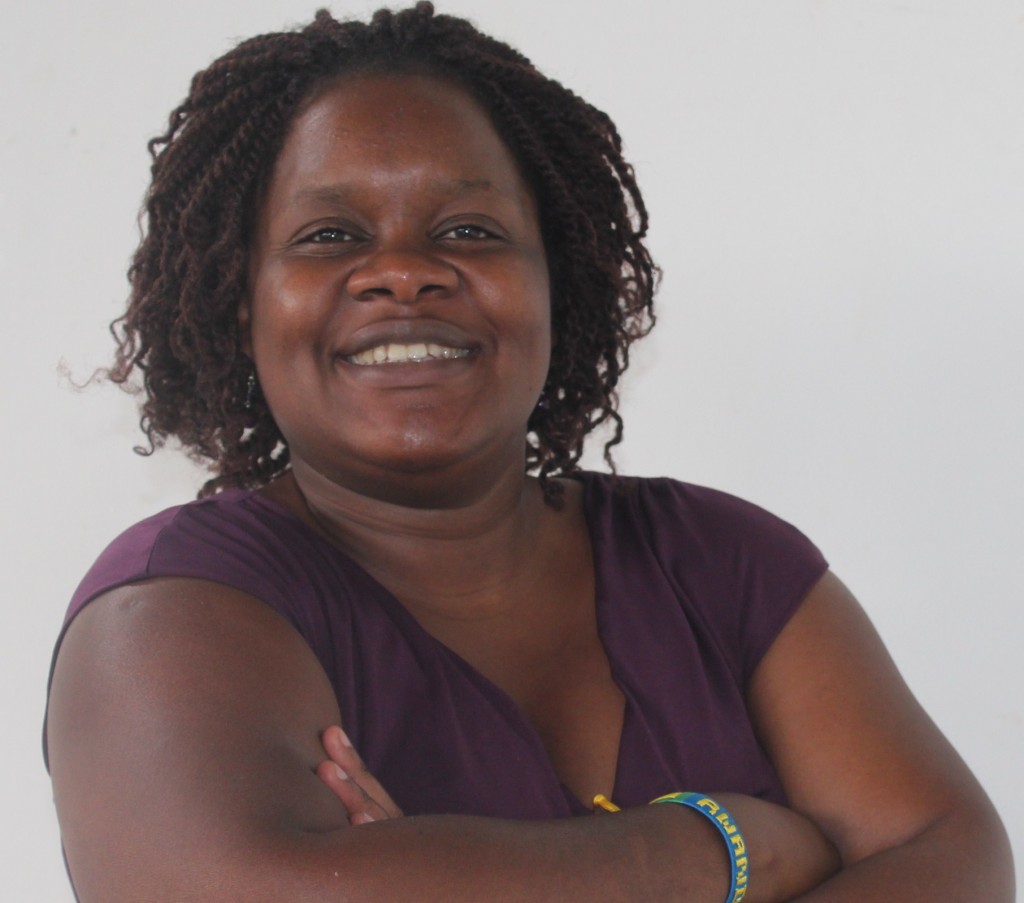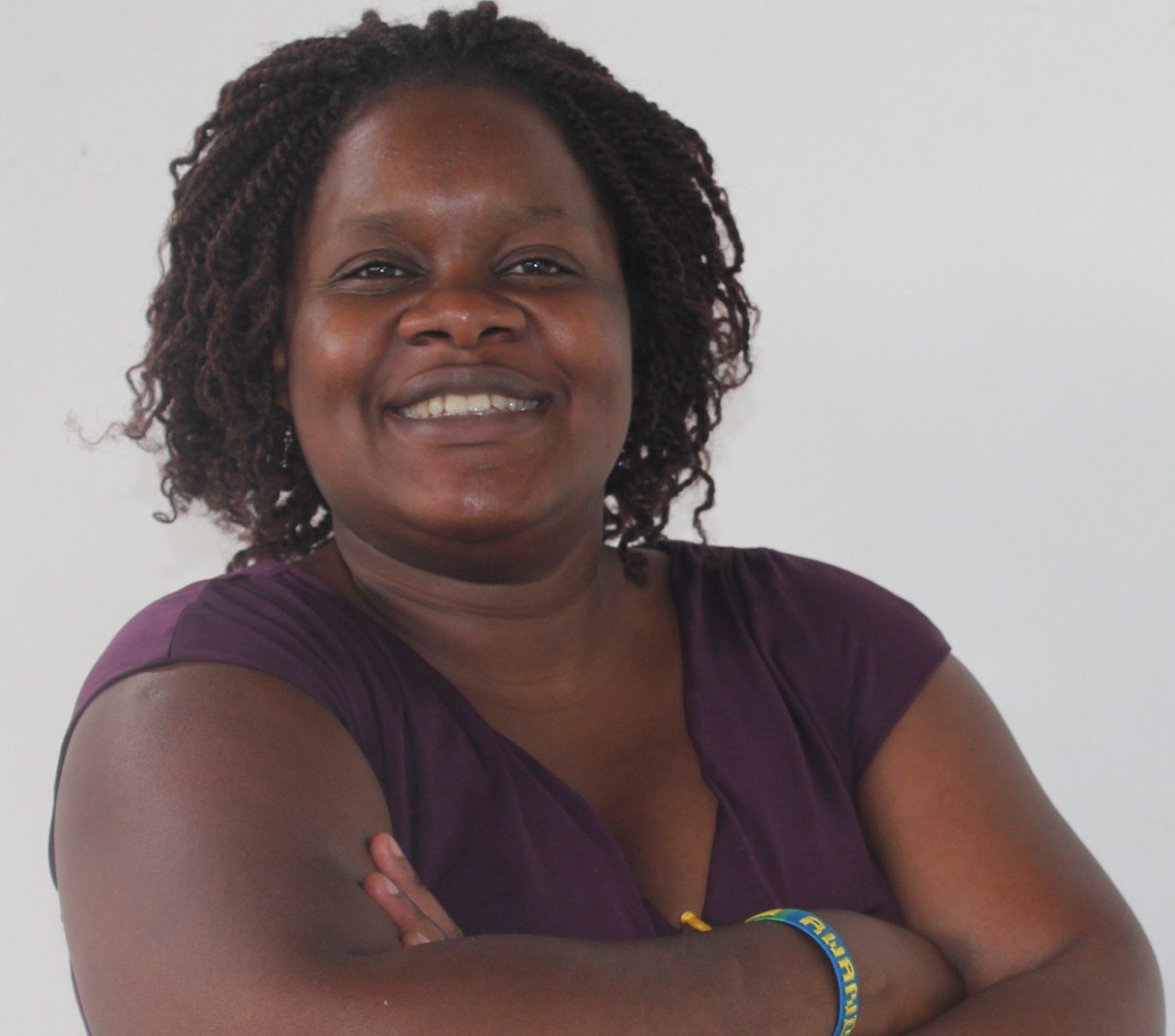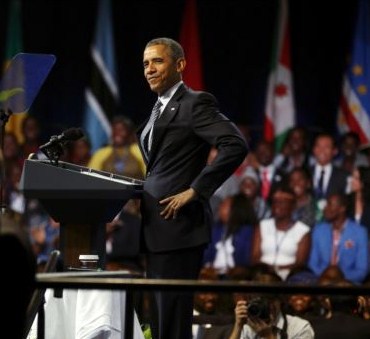Young African leaders meet in Washington to build leadership skills

BY LOU SIFA
A group of one thousand young leaders from 48 Sub-Saharan African countries met in Washington, D.C. Last week in the context of the 2017 Mandela Washington Fellowship Summit to immerse themselves in various activities aimed at strengthening their leadership skills, connecting with each other and leaders from the U.S. public, private and non-profit sectors.
The Summit, held from July 31 to August 2, was hosted by the U.S. Department of of State’s Bureau of Educational and Cultural Affairs. It was the extension of six weeks of Academic and Leadership Institutes at various colleges and universities in the United States.
The Young African Leaders Initiative, a program initiated by President Obama, aims to identify, mentor and connect outstanding young African leaders in the areas of business and entrepreneurship, civil society and public management. The YALI program has three notable components, namely the Mandela Washington Fellowship where young African leaders go to top U.S. institutions for at least six weeks to learn how their systems work; regional learning centers across Africa to identify and incubate ideas from young Africans; and a continent-wide network of YALI alumni who create and connect each other with opportunities regionally.
In the course of the just-completed program, Mark Taplin, Acting Assistant Secretary of State for Educational and Cultural Affairs told the gathering:
“I don’t think of this as just a Mandela Washington Fellows Summit. This may be the biggest gathering all year here in D.C. of the up-and-coming, the leading and creating, the dreaming and doing, the sharing and caring. You are the future in business and entrepreneurship, in civil society and governance of the world’s most up-and-coming continent.”
In his address, Wade Warren, Acting Administrator for the U.S. Agency for International Development, urged the fellows to take advantage of the networks forged thanks to the Fellowship, and to turn challenges into opportunities.
One prominent item on the agenda was a Congressional forum on investing in the next generation of Africa, during which Senator Chris Coons of Delaware discussed advocacy, entrepreneurship, civic engagement, human rights, and U.S.-Africa relations.
Also, a session on U.S. and African perspectives on leadership drew remarks from various leading experts on the subject, including Tony Elumelu, Chairman of Heirs Holdings and Founder of the Tony Elumelu Foundation; Dr. Helene Gayle, CEO of McKinsey Social Initiative; Norman Moyo, author and CEO of New Enterprise Business DPA & CUMII at ECONET; and General (Retired) Richard Myers, President of Kansas State University and 15th Chairman of the Joint Chiefs of Staff.
In his remarks, Heirs Holding’s Tony Elumelu stated:
“I’ve studied why leaders are successful and I’ve seen a common thread: legacy. So as young leaders, you must think legacy. You must think long-term. The age you’re creating is the age of empowerment.”
In the opinion of the majority of the African young generation, the Young African Leaders Initiative is the most significant part of President Obama’s legacy to Africa. Kudzai Mubaiwa, a managing consultant with Investor Saint in Harare, Zimbabwe, told The African in his assessment of Obama’s legacy as far as Africa is concerned:
I think one of his most phenomenal legacy issues was starting up the YALI. Coming from Zimbabwe, I have seen a whole lot of colleagues who actually deserved it and benefited from it. Some have gone on to do great things, others have gone on to do what they were doing, but they have new networks and a new outlook on life. I think that the fact that he actually took time to focus not so much on Africa’s current people but on the future, the youth, I acknowledge him.



